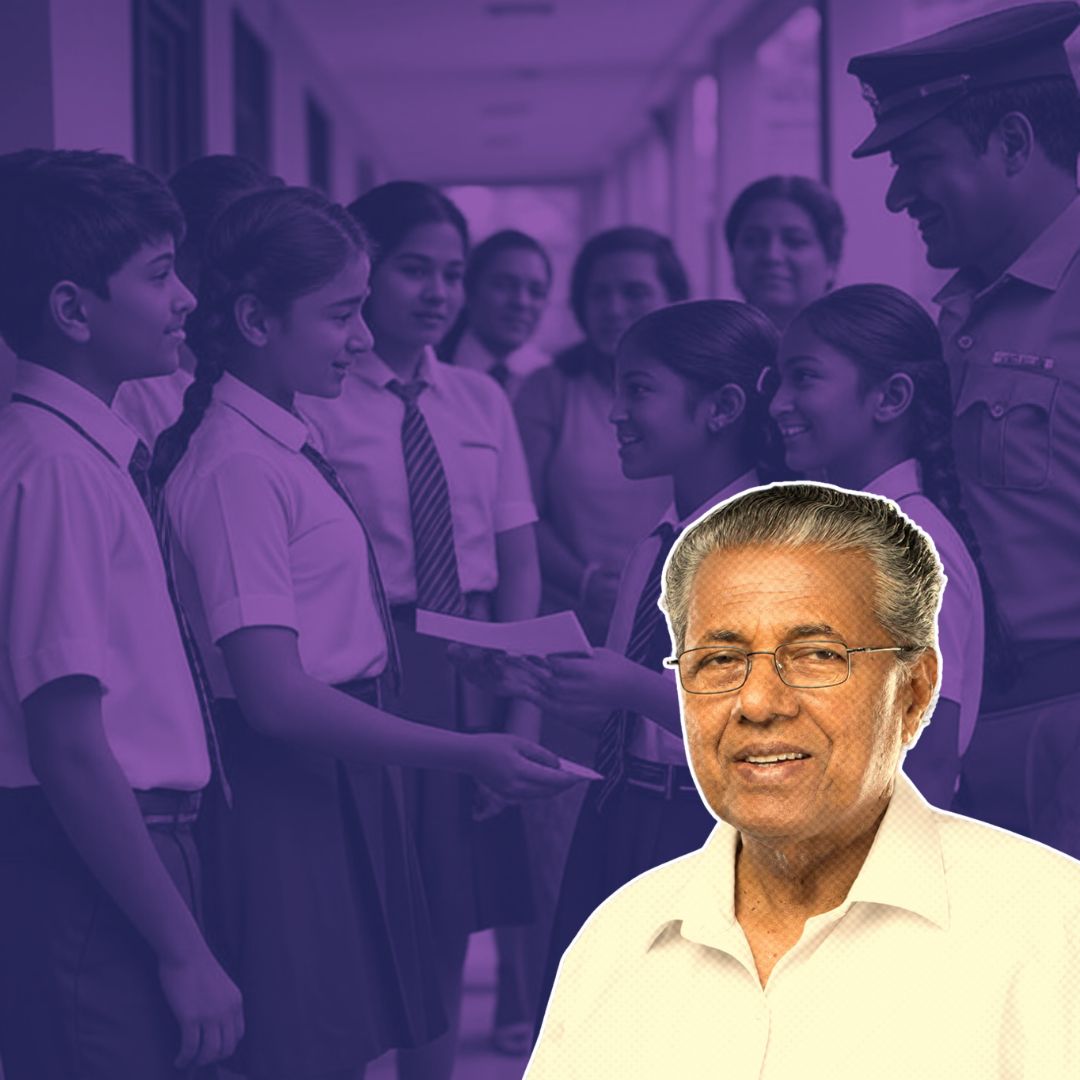In a pioneering effort to tackle the escalating drug menace and enhance student safety, Kerala is set to install confidential complaint boxes in all schools across the state, under the vigilant supervision of police officers. This initiative, launched by the School Protection Group (SPG) and mandated by Chief Minister Pinarayi Vijayan, aims to empower students to anonymously report drug-related issues, teacher misconduct, and other concerns affecting their wellbeing.
The complaint boxes will be opened monthly by designated police personnel alongside school authorities, ensuring timely action and proper escalation of serious complaints. Complementing this, the Kerala education department has dedicated the first two weeks of the 2025-2026 academic year to social awareness classes focusing on substance abuse and student welfare, reflecting a holistic approach to safeguarding children.
Empowering Students: A Transparent and Supportive Reporting Mechanism
The newly introduced complaint box system represents a significant shift in how student grievances are handled in Kerala. Each school will have a complaint box placed in a secure yet accessible location, managed directly by a police officer assigned to the School Protection Group.
This officer may oversee multiple schools depending on local staffing but will ensure strict confidentiality and impartiality in handling complaints. Students can submit their concerns anonymously or with their names, alleviating fears of retaliation or stigma. Once a month, the police officer and the school head will jointly open the boxes, review the complaints, and take appropriate action.
Minor issues will be resolved within the school, while serious matters—such as drug abuse, bullying, or teacher misconduct—will be escalated to higher authorities, including legal or counselling services. An official involved in the initiative explained, “Our goal is to create a safe and nurturing environment where students feel heard and protected, free from the fear of drug abuse or harassment.”
Context and Background: Responding to a Growing Crisis
Kerala’s decision to implement this system is rooted in alarming trends observed over recent years. The state’s excise department identified 104 schools as drug hotspots, highlighting a disturbing rise in substance abuse among students.
Previous complaint mechanisms often failed because boxes were kept in headmasters’ offices, discouraging students from reporting sensitive issues, especially those involving teachers. Moreover, reluctance among some authorities to investigate complaints against staff led to underreporting and unresolved problems.
The SPG initiative addresses these gaps by involving police officers directly, ensuring impartiality and follow-up. This move is part of a broader strategy that includes social awareness programmes during the initial weeks of the academic year, aimed at educating students about the dangers of drugs and promoting mental health.
The collaboration between police, excise officials, educators, parents, and local representatives under the SPG umbrella exemplifies a community-driven approach to student safety.
The Logical Indian’s Perspective
The Logical Indian commends Kerala’s innovative and inclusive approach to student safety, recognising it as a vital step toward protecting children’s rights and wellbeing. By institutionalising a confidential, police-supervised complaint system, the state not only addresses the immediate threat of drug abuse but also fosters a culture of trust, transparency, and accountability within schools.
This initiative exemplifies how collaborative governance—engaging law enforcement, educators, families, and communities—can create safer educational spaces and empower young voices.
As Kerala leads the way, it invites reflection on how other states and communities can adopt similar models to ensure every child’s right to safety and dignity is upheld. How can schools nationwide strengthen their support systems to nurture trust and openness among students?











